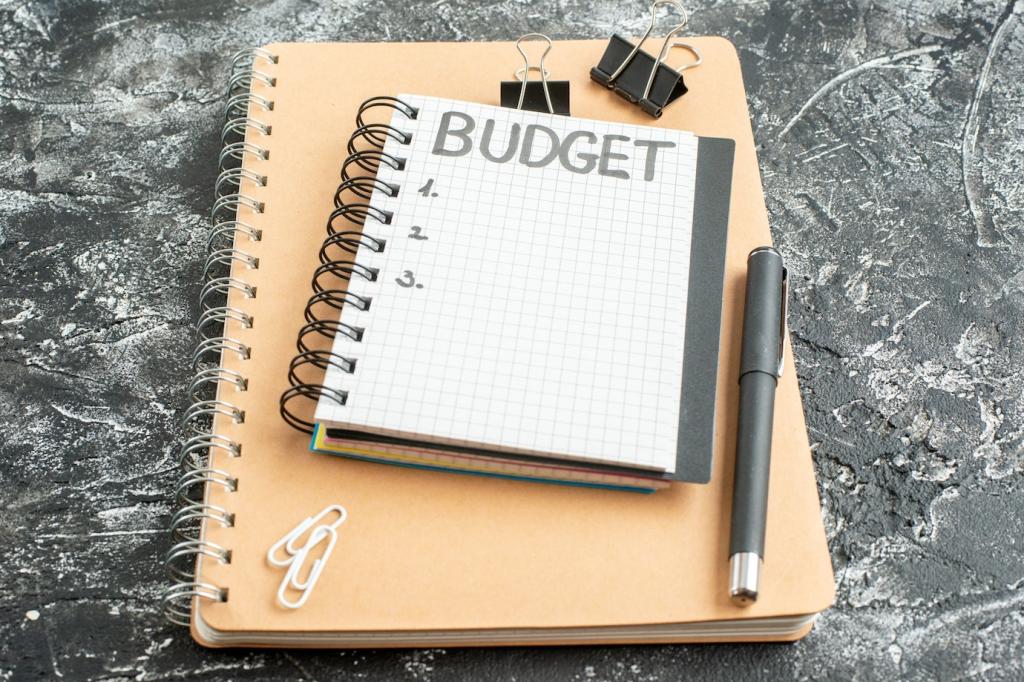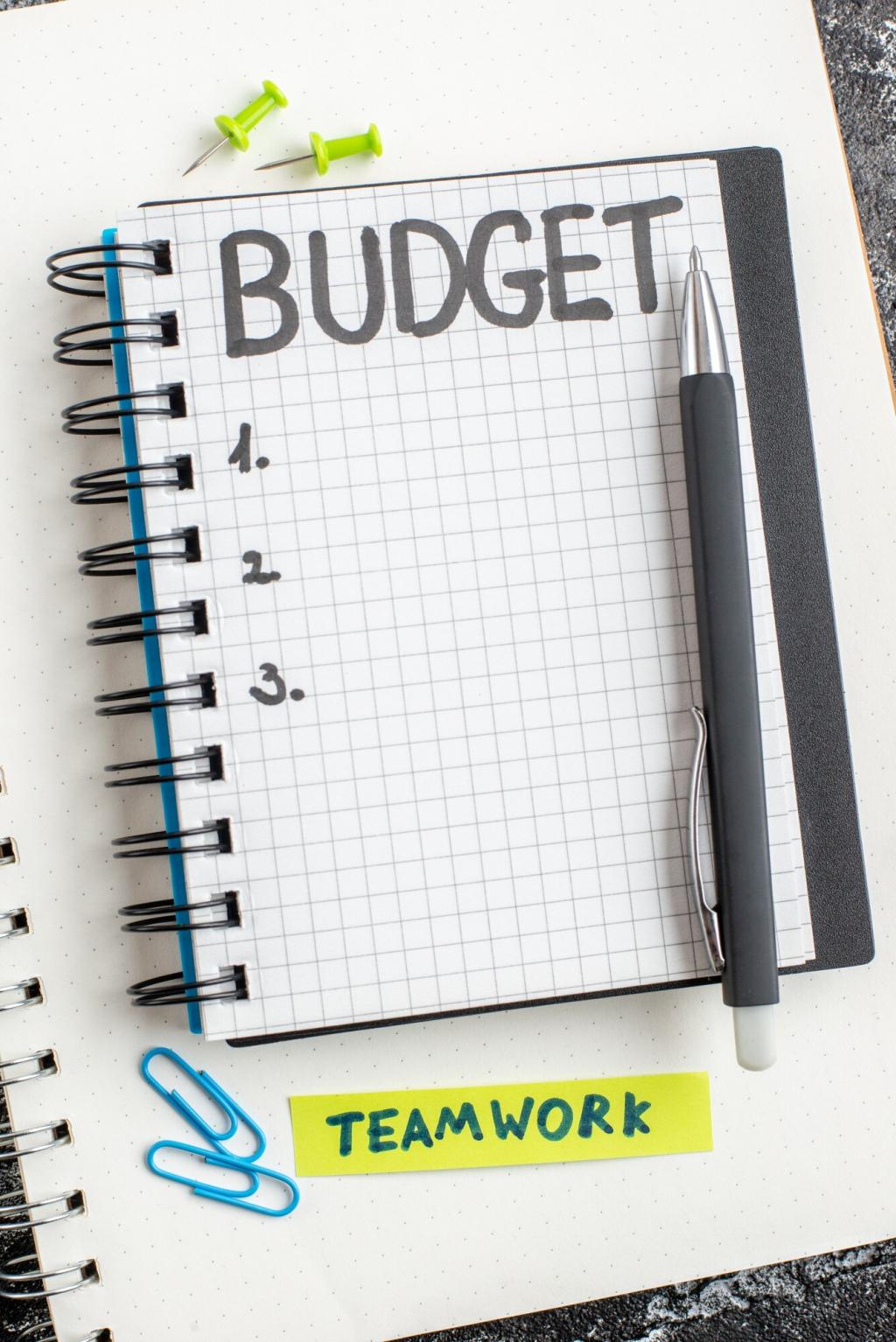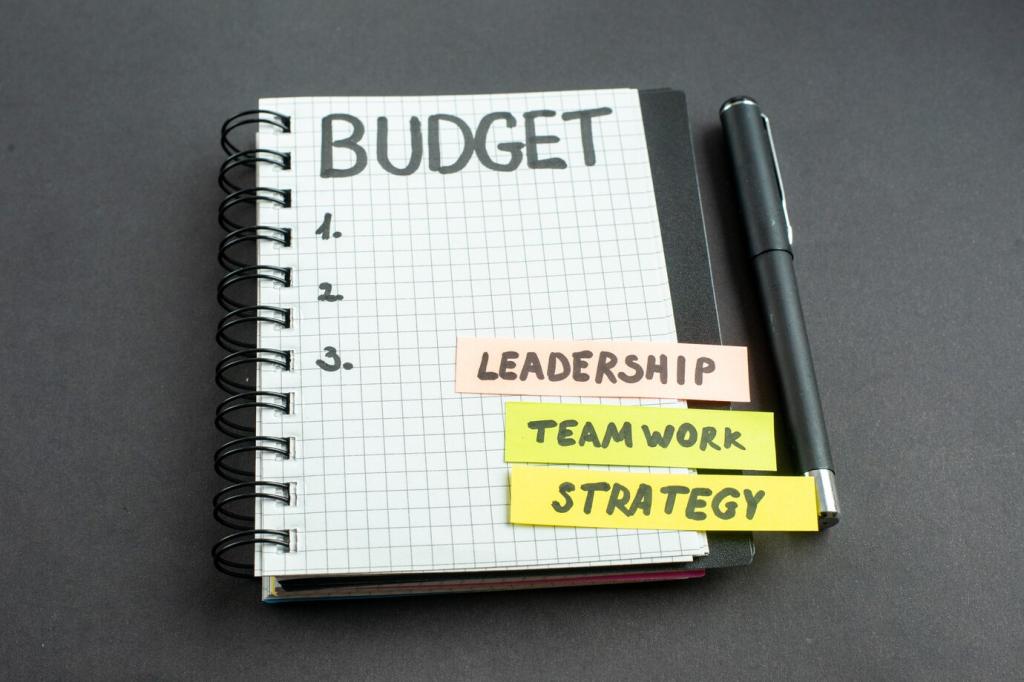Equipment, Software, and Depreciation Without the Headache
Qualifying equipment may be expensed immediately or depreciated over time, depending on rules and annual limits. Consider cash flow, expected income, and your broader tax picture before year-end purchases. A quick planning call each fall can convert normal upgrades into well-timed, fully documented deductions.
Equipment, Software, and Depreciation Without the Headache
Adopt a written capitalization policy so low-cost items can be expensed under recognized safe harbors. Keep invoices and apply your threshold consistently. This keeps books clean, avoids needless depreciation schedules, and reduces admin time. Ask for our example policy by commenting “policy,” and we’ll share the outline.







